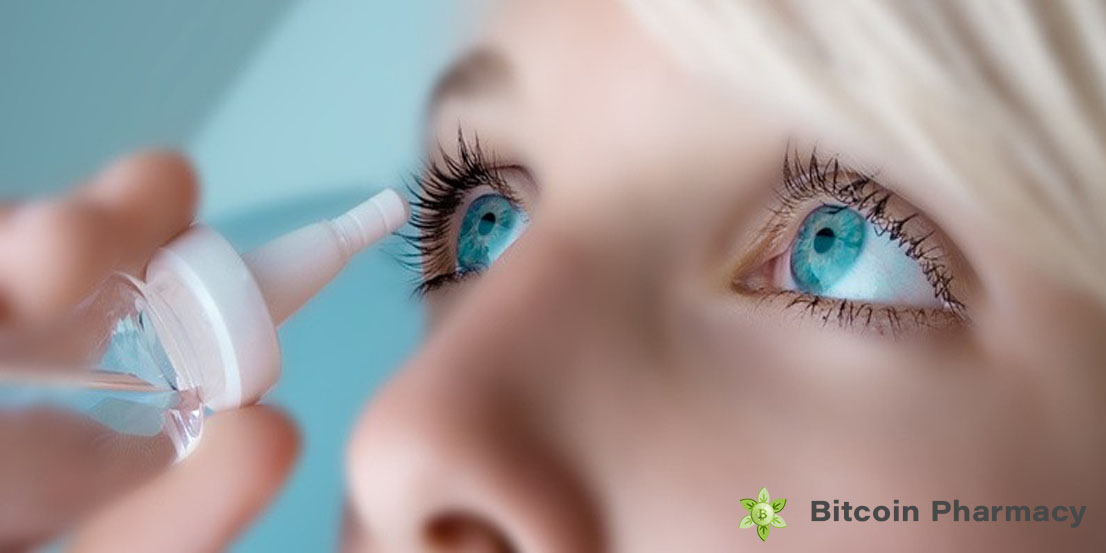Ever wondered about atropine? It’s a powerful compound that originally comes from the deadly belladonna plant (yes, the name fits). But don’t let that scare you—when used correctly, it’s a lifesaver in medicine. Doctors use atropine for various purposes, like relaxing muscles, dilating pupils, and even blocking certain nerve signals. You’ll find it available as eye drops, injections, or even oral medication. But how does it work, and what should you know about its side effects? Let’s break it down.
How Atropine Works (The Science-y Stuff Made Simple)
At its core, atropine is an anti-muscarinic agent. What does that mean? Essentially, it blocks the effects of acetylcholine—a chemical messenger responsible for a ton of bodily functions. Think of it as a traffic cop, stopping signals that could otherwise make muscles twitch or glands overproduce. That’s why it’s so effective in managing conditions that involve spasms or excessive secretions.
Key Actions of Atropine
- Heart Effects
Atropine plays a fascinating role in controlling heart activity. In small doses, it might slow your heart rate briefly—kind of like tapping the brakes. But with a moderate dose, it speeds things up by overriding certain reflexes. Fun fact: it doesn’t mess with your blood pressure unless taken in toxic doses (and nobody wants that). - Eye Effects
Ever had your eyes dilated during an eye exam? That’s atropine in action. It relaxes the muscles in your eye, causing the pupils to widen (aka mydriasis). But heads up—if you’re prone to narrow-angle glaucoma, atropine can increase pressure in your eyes, so it’s a no-go for you. The effects can last for days, so don’t plan on driving anytime soon after an eye drop treatment! - Smooth Muscle Relaxation
Atropine is like a spa day for your smooth muscles. It eases tension in your digestive tract, bronchi, and even your bladder. If you’re dealing with intestinal cramps or bronchial spasms, this little compound can offer major relief. It even teams up well with morphine to tackle severe colon pain. - Secretions Under Control
Dry mouth after taking atropine? That’s no accident. It reduces saliva production and slows down mucus formation, which is super helpful for conditions like chronic bronchitis or asthma. However, this same effect means less sweating, which can lead to overheating on a hot day. Stay cool and hydrated, folks!
The Good, The Bad, and The Ugly: Atropine’s Side Effects
Let’s be real—every drug has its quirks, and atropine is no exception. While it’s great at what it does, it can come with a laundry list of side effects. Common ones include dry mouth, blurred vision, and a racing heart. You might also notice trouble sweating, which could lead to overheating if you’re not careful.
Other potential issues? Difficulty urinating, constipation (especially in older adults), and dilated pupils that make bright lights unbearable. Toxic doses can be downright dangerous, causing delirium, hallucinations, and even life-threatening complications like circulatory collapse and respiratory failure. Bottom line? Use it wisely and always under medical supervision.
Wrapping It Up
Atropine might sound intimidating, but it’s a true multitasker in the medical world. From calming spasms to managing heart rates and more, it’s a go-to solution for a variety of conditions. Just be aware of the side effects and trust your healthcare provider to guide you. Got more questions? Never hesitate to ask your doctor—they’re here to help!

Leave a Reply